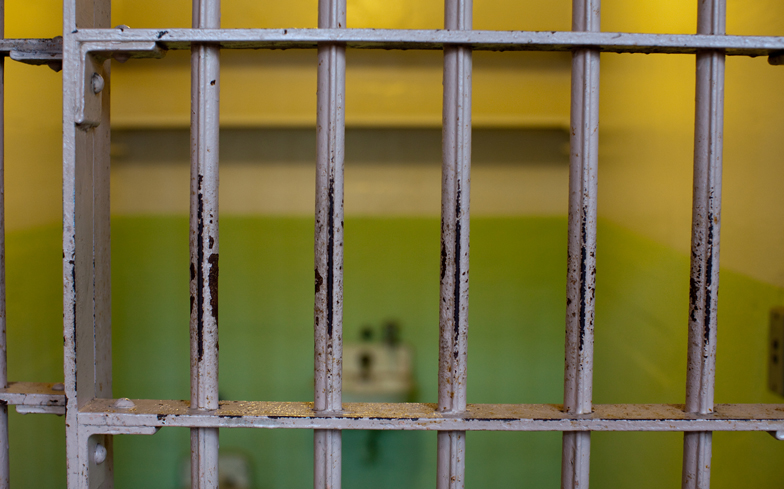Charles Rhines was sentenced to death in 1993 after he bound and killed and a man, as he robbed a doughnut store in South Dakota.
Rhines’s lawyers said that he was sentenced to death by homophobic jurors, and three jurors on the case came forward to corroborate this.
One juror said that other jurors “knew that [Rhines] was a homosexual and thought that he shouldn’t be able to spend his life with men in prison.”
A second juror added that another juror had said: “If he’s gay we’d be sending him where he wants to go.”
The third juror said that there were lots of discussions about Rhines’s homosexuality, and said that there was “a lot of disgust” surrounding it.
Rhines’s conviction had already failed an appeal in 1993, but the case was reopened last year after the ruling of Peña-Rodriguez v. Colorado. This ruling meant that states had to consider jury bias against certain races, and Rhines’s lawyers are arguing that this should also be used in the case of bias against a sexual orientation.
However, Rhines’s case was dismissed by the Supreme Court on Tuesday. The Supreme Court gave no reason as to why they had dismissed the case.
After the ruling was announced, it was condemned by Ria Tabacco Mar, the staff lawyer for the American Civil Liberties Union. Writing in The New York Times, she said: “It’s difficult to square allowing the state to execute Mr. Rhines because of his sexual orientation with the Supreme Court’s observation this month that states should prevent the harms of discrimination against L.G.B.T. people.
“And while bias in the criminal justice system is not always explicit, it was in Mr. Rhines’s case. That makes the court’s decision not to step in even more alarming.
“Sadly, the court will almost certainly be presented with more requests to review convictions or sentences poisoned by anti-L.G.B.T. bias.
“It should take the next opportunity to correct this mistake and recognize that prejudice against people who are L.G.B.T. should play no role in America’s criminal justice system.”
Earlier this month, the Supreme Court ruled in favour of a baker who had refused to bake a wedding cake for a gay couple in a 7-2 ruling.
Announcing their decision, Justice Anthony Kennedy said: “The Colorado Civil Rights Commission’s consideration of this case was inconsistent with the State’s obligation of religious neutrality.
“The reason and motive for the baker’s refusal were based on his sincere religious beliefs and convictions.”
Kennedy added: “When the Colorado Civil Rights Commission considered this case, it did not do so with the religious neutrality that the Constitution requires. It is proper to hold that… the Commission’s actions here violated the Free Exercise Clause; and its order must be set aside.”





